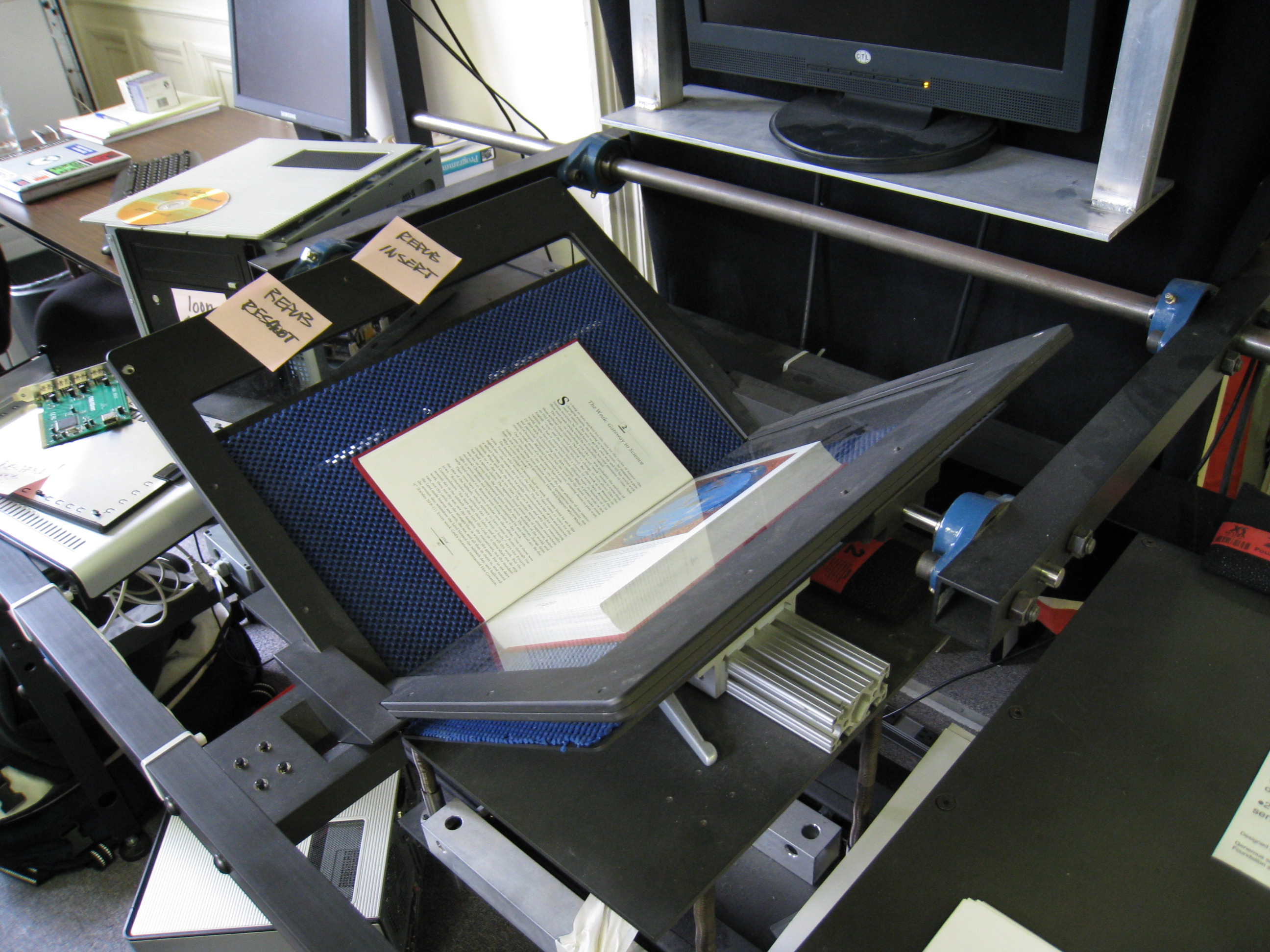Paper vs. computer
Reading books is not always just a leisure activity. We often use textbooks at school or academic sources at the university to learn something new. Sometimes it takes a lot of searching and browsing in order to find exactly what we are looking for. The text that we read printed on the paper seems somewhat more reliable than the facts we find online and therefore the printed books are still the primary source students use. On the other hand, as the technology advances, more and more people start to realise all the advantages "digital studying" has, and therefore its popularity is expected to rise.
Avoiding technology is not an option anymore, and the question now is how to use these tools in a way that can be effective for education. Educators and scholars should consider not only the affordances of technology, but also the theories and practices to be used to improve educational contexts and technology use.
Source: Orey, M., 2013. Educational media and technology yearbook. Volume 37. Springer. Available through RGU Library <http://library.rgu.ac.uk/> [Accessed 1 May 2014]
There are many webpages such as Google Books, that are trying to build an archive of digitalised books and bring them all together. This is very useful mainly for students, who are looking for a specific information. It would take them countless hours to look for a word they are trying to find, while the "search button" does it all for them in second. Everyone has now access to many more books than in the past. Not every library has all the books you need and many old books are in a really terrible condition. With e-books you no longer have to worry about missing pages, or illegible text. The problem with pages like these is the fact, that they lack the full licence and therefore it is impossible to find a website that has e
verything you are looking for and is free of charge.
 |
| A machine used to digitalise books Source: wikimedia.org |
Testing your knowledge
Source:
Oxford University Press
|
If law students use a digital version of the textbook online, after they have read it, they can use an online test to check their knowledge and find out if their studies were satisfactory. This is an official textbook published by Oxford University Press and the webpage dedicated to it features number of Multiple Choice Questions from every chapter of the book. If you are interested to find out more, check the EU Law Concentrate on this link.
Katarina Stiglincova, a student of International Law in the Hague
Our lecturers recommended this online textbook to us and I really liked the possibilities it has. I own the original book, but it is really hard to check if my studying was effective and how much I actually remember from it. Therefore I appreciated this possibility and I would be glad if more textbooks were made available in this form, too.
Saving time on every word
Can you imagine learning a new language without a computer? One of the most necessary things you need when studying a new langage is a dictionary. You have to learn every word and you often come across the new one that you have to look up. Digital media are helpful here, as well. Pages like Thesaurus, Cambridge Dictionaries Online, TheFreeDictionary.com or even Google Translate are just digitalised books, even though we don't realise that. Their biggest advantage is, that it is a lot faster to search for word online then to manually browse the whole dictionary. Can you imagine how much time you can save when studying new language if you have an online dictionary? Moreover, the advanced functions enable you to save the words you didn't know, so that you can confortably come back to them later and revise.
Thank you for reading the blog, there will be more interesting articles. You can follow me on Twitter to get notified about them
Follow @robo_kandrik

No comments:
Post a Comment